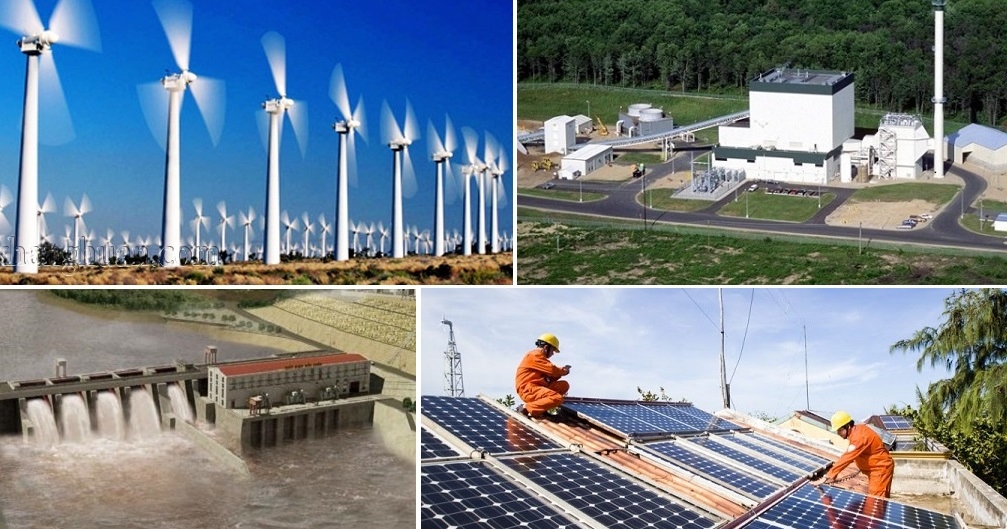Vietnam leads the transition to clean energy in SEA: The Economist
VOV.VN - Vietnam is leading the transition to clean energy in Southeast Asia and is a bright spot on an otherwise soot-black map, according to an article published recently on news site The Economist.
The article said Southeast Asia is among the parts of the world most vulnerable to climate change. Yet this smoke-belching region seems uninterested in forsaking fossil fuels.
In the four years to 2021, the share of electricity generated by solar in Vietnam increased from practically nothing to nearly 11%. Not only was this a faster rate of increase than almost anywhere else in the world. It is a bigger share than larger economies such as France or Japan have managed.
By last year, Vietnam had become the world’s tenth-biggest producer of solar power. Underscoring his country’s commitment to the energy transition, Prime Minister Pham Minh Chinh vowed in November to stop building new coal-powered plants and to reduce his country’s emissions to net zero by 2050.
Other Southeast Asian countries that desire improve their game can draw a few lessons from Vietnam.
Accordingly, Vietnam has quadrupled its wind and solar power capacity compared to 2019. The article attributed the "extraordinary achievement" primarily to political will and market forces.
Reforms make it easier for foreign investors to do business in Vietnam. However, the article said, if it hopes to achieve net zero emissions by 2050, the country will have to make greater efforts. According to consulting firm Dezan Shira, energy demand in Vietnam has soared by roughly 10% per year over the past decade.

